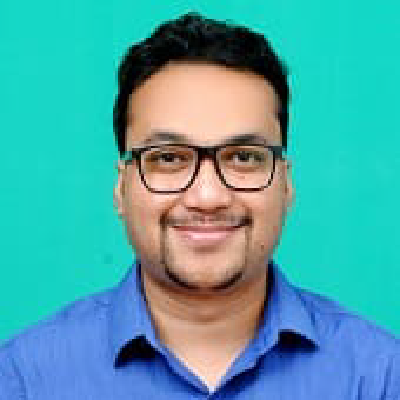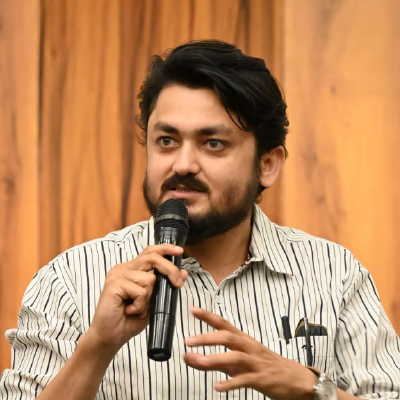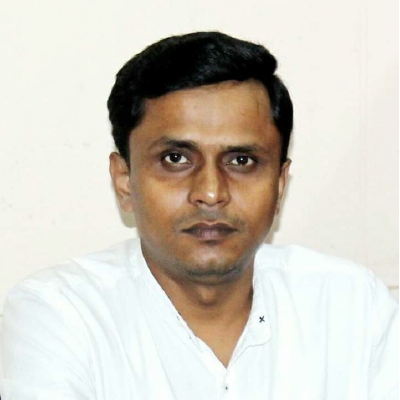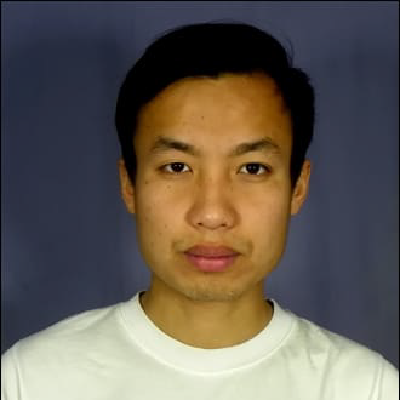- About
- Admission
- Programmes
- Sonada
- Siliguri
Programmes Offered
SONADA CAMPUS
Arts & Social SciencesCommerce & ManagementProfessional CoursesSILIGURI CAMPUS
Arts & Social SciencesCommerce & ManagementSciencesProfessional CoursesPost Graduation - IQAC
- Student Support
- Anti-Ragging Cell
- Campus Ministry
- EDC
- Human Rights Cell
- National Cadet Corps (NCC)
- National Service Scheme (NSS)
- Pianazzi Literary Society
- SC Commerce Association
- SC Sports Association
- SC Women’s Hostel
- SC Media Association
- SC Alumni Association
- Student Council
- SC Student Clubs
- Training and Placement Cell
- Women’s Cell
- SC Association of Professionals
- WPDoods
- Policies
- SC COVID-19 Policy
- Library Policy
- Research Policy
- Gender Policy
- S H R
- Finance Policy
- Student Welfare Policy
- Green Policy
- Social Media Policy
- SC Mentoring Manual
- Personnel Policy
- Lab Policy
- Privacy Policy
- SC Maintenance Policy
- Disclaimer
- Plagiarism and Academic Misconduct
- Field Work Manual
- Exit Policy
- Online Portal
- Statutory Bodies
0353-2545622 | 99334 02478
- About
- Admission
- Programmes
- Sonada
- Siliguri
Programmes Offered
SONADA CAMPUS
Arts & Social SciencesCommerce & ManagementProfessional CoursesSILIGURI CAMPUS
Arts & Social SciencesCommerce & ManagementSciencesProfessional CoursesPost Graduation - IQAC
- Student Support
- Anti-Ragging Cell
- Campus Ministry
- EDC
- Human Rights Cell
- National Cadet Corps (NCC)
- National Service Scheme (NSS)
- Pianazzi Literary Society
- SC Commerce Association
- SC Sports Association
- SC Women’s Hostel
- SC Media Association
- SC Alumni Association
- Student Council
- SC Student Clubs
- Training and Placement Cell
- Women’s Cell
- SC Association of Professionals
- WPDoods
- Policies
- SC COVID-19 Policy
- Library Policy
- Research Policy
- Gender Policy
- S H R
- Finance Policy
- Student Welfare Policy
- Green Policy
- Social Media Policy
- SC Mentoring Manual
- Personnel Policy
- Lab Policy
- Privacy Policy
- SC Maintenance Policy
- Disclaimer
- Plagiarism and Academic Misconduct
- Field Work Manual
- Exit Policy
- Online Portal
- Statutory Bodies







